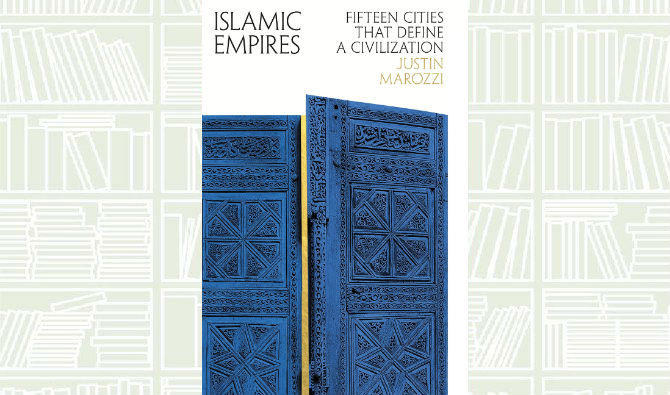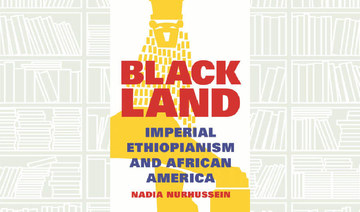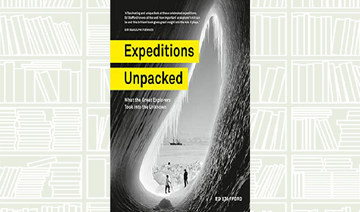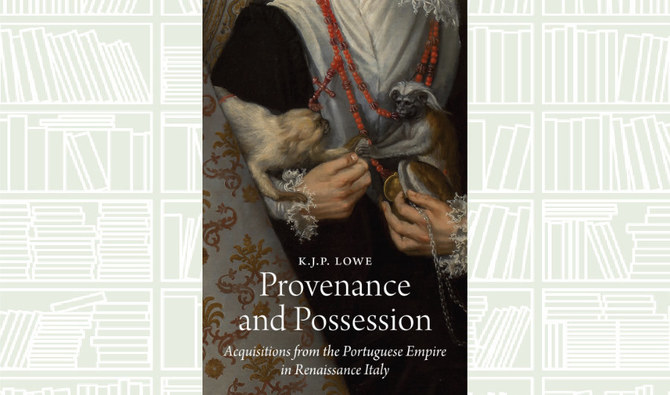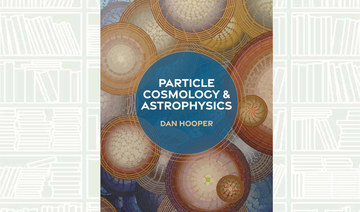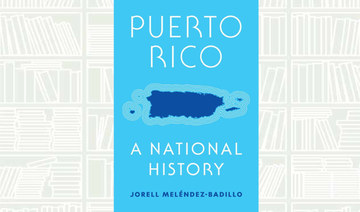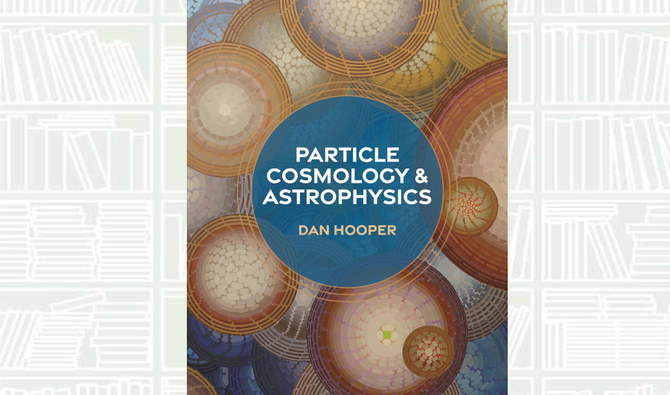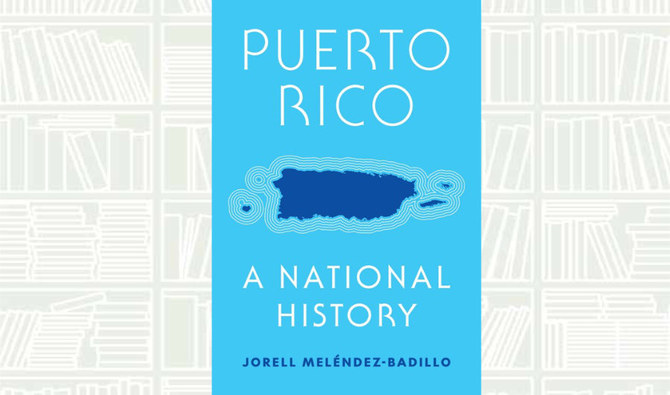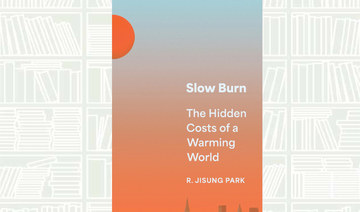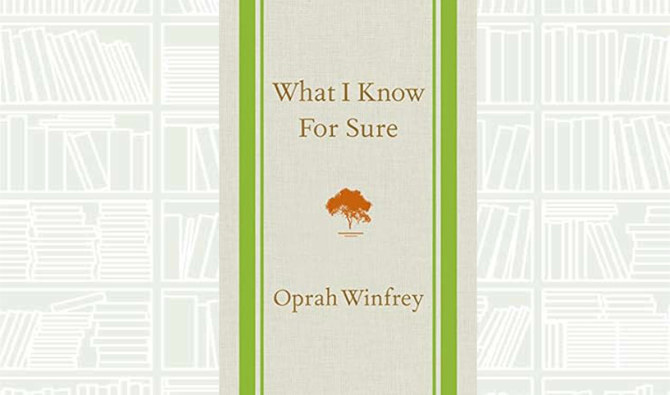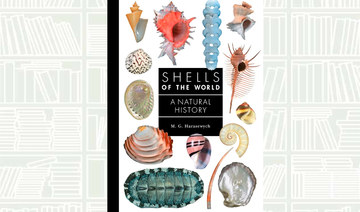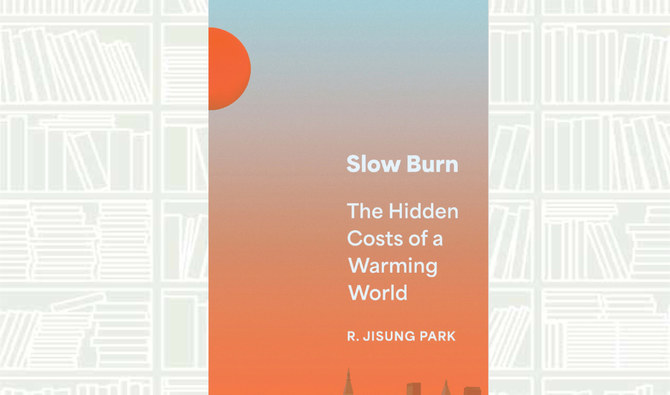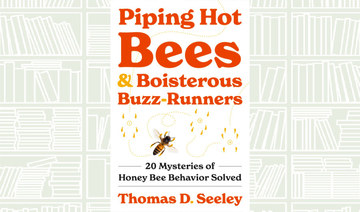LONDON: The much-anticipated book by historian and journalist Justin Marozzi — “Islamic Empires: Fifteen Cities That Define A Civilization” — was launched in London on Wednesday.
Marozzi’s task might appear daunting — tracking a millennia-and-a-half of history across the vast geographical space and varied populations and cultures that make up the center of the Islamic world.
Using an approach he calls “the greatest hits of the Muslim world,” Marozzi does this by charting 15 centuries of Islam’s history by shining a spotlight on 15 cities and the development of Islamic civilization, which as the book points out, was once the “envy of the world.”
From the beginnings of Islam in seventh century Makkah to the glittering, modern metropolis of Dubai, and the cultural and scientific centers of Baghdad, Isfahan and Cairo in between, Marozzi’s expertly crafted narrative highlights the historical, cultural and social impact each city had on the spread of Islam.
Marozzi is well qualified to dissect and examine the Islamic world, having spent time in nearly every one of the 15 cities throughout his career and research for the book. Some of them he knows extremely well — he was given the Ondaatje Award for “Baghdad: A City of Peace, A City of Blood,” a multi-layered study of the Iraqi capital and its fascinating history.
The author readily admits that his book is not an in-depth study of the Islamic world’s history, but what he manages to do well is capture the rich, varied and often complex nature of Islamic civilization by offering glimpses of not just its leaders and their institutions, but also its cultural shifts throughout history.
“We get a look at these wonderful figures, these greatest and mightiest leaders in their capitals, people like Saladin in Cairo, Mehmed the Conqueror in Istanbul and founder of the Mughal empire Babur in Kabul,” Marozzi said.
“But one of the enduring themes that is developed in the book is the value of tolerance and understanding between different communities. When great cities cease to be cosmopolitan, they wither and die, that’s one of the lessons we can learn,” he added.
While Marozzi’s tendency to explain many terms already familiar to Muslims or those from the Middle East might be tiresome for some, he does not assume knowledge for a wider, global audience, which means his book can be enjoyed by those within the Islamic world and those outside it.
As Stuart Proffitt of publisher Penguin Books said: “It’s an extraordinary civilization that is so important to us all but one that, if we are totally honest, we don’t know nearly as much as we would like or need to.”
Cue Marozzi's excellent chronicle.



